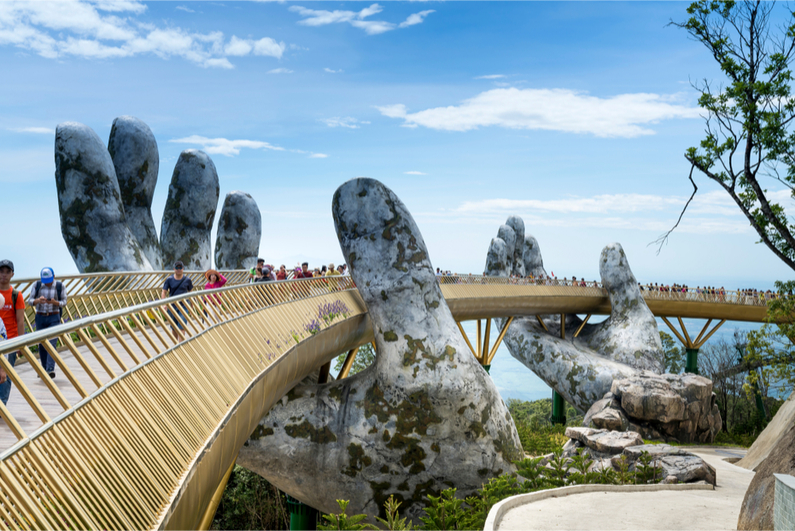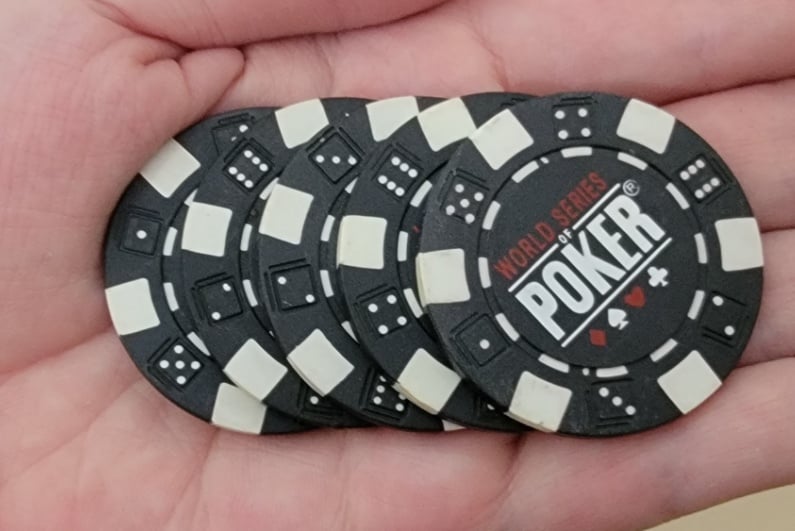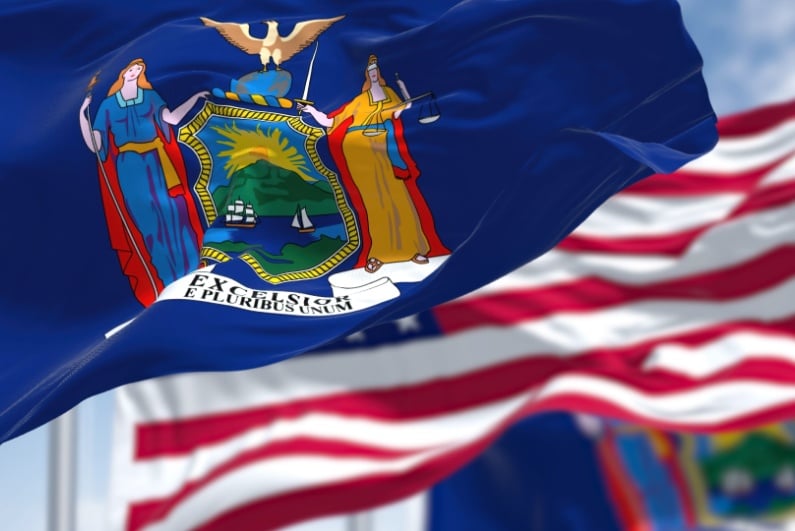In a first for the country, Vietnamese citizens will be allowed to gamble in a casino on Phu Quoc Island.
The move is part of a three-year trial that is due to start in 2019, pending approval from central government.
According to authorities in Phu Quoc, the approval will open the floodgates for a wave of other projects that could benefit the island, located in the southern district of Kien Giang, which is already popular within the tourist industry.
Pilot programme
The new developments at the casino in Phu Quoc could be just the start in a new future of gambling for Vietnam and pave the way for approval of other projects in the future.
These might include further casino developments as well as car and horse racing facilities to cater for the increased demand for gambling-related activities in the country.
The casino that is the location for the pilot programme has received more than $12bn in funding and is part of an ecotourism and entertainment complex. The project has been funded by Phu Quoc Tourism Investment and Development, which is a subsidiary of the Vingroup.
The complex and resort has been completed and is now waiting to be officially licensed for the casino to open its doors. Although due to be in place by last December, the process for the license was delayed.
The application process for a casino license in Vietnam can be lengthy because it requires a number of steps to be completed, including a certain level of investment.
Approved despite concerns
The Phu Quoc development was announced amid criticism that locals were resorting to illegal gambling due to a lack of available resources in the country. The rise of illegal gambling has led to an increase in police operations, which have so far been successful.
Since March 2017 Vietnamese citizens have been allowed to gamble in the privacy of their homes in principle, but there have still been no specific regulations laid out in respect of this as the relevant authorities are still negotiating the details.
One of the sticking points of the negotiations was whether or not casinos would be opened to locals. It now appears an agreement has been made in this regard with the Phu Quoc facility operating as a pilot for a potential wider rollout.
Locals who want to use the casino will need to be aged over 21 and provide proof of income of over 10m dong ($427). They also must have a clean criminal record and will need to pay a $50 entry fee as well as a monthly permit that will cost $1,100.
Seven casinos in the works
Seven casinos are currently being built in Vietnam, but they will only allow foreign players to enter. The projects are mainly in Haiphong, such as:
- The Aristo International Hotel and Casino in Lao Cai Province
- Phoenix International Club in Bac Ninh
- Crown International Club in Danang
- The Grand Ho Tram Strip in Ba Ria-Vung Tau Province
- The Loi Lai Casino and Royal International Gaming Club in Quang Ninh Province
The premises have all been licensed for foreign players, while three other casinos are awaiting licensing: Laguna Lang Co in Hue, Nam Hoi An in Quang Nam Province and Corona Resort and Casino on Phu Quoc Island.
The casinos that are already open have been attracting visitors from Australia, Canada, Hong Kong, Macau and Singapore. And while the international trade is lucrative, many of the venues applied for a licence simply to open their doors to locals, but the only venue that will be allowed to – for now – will be the Phu Quoc casino.
Tax revenue and foreign investment
It is thought the government may be reassessing its position on locals being allowed to gamble in casinos due to the possible extra income the activity could generate in tax revenue.
The loosening of current gambling rules in the country is expected to attract new foreign investment, according to industry experts.
In May Vietnam received $875m for the first part of a development project in Thua Thien-Hue Province from Banyan Tree Holdings, a Singapore-based company. The investment is due to increase to $2bn by 2022 and is set to include another casino that will be looking to compete with other global powerhouse casinos.
Las Vegas Sands, FLC and Vietnam’s cable operator, Sungroup, are all said to be interested in potential casino projects in the country.
The industry, including lotteries, is expected to generate a large amount of extra tax revenue for the government.
In a survey carried out by the Regional Sustainable Development in 2015, more than 50% of respondents said they believed that allowing residents to gamble at home would boost tax for the government and could potentially reduce the temptation for locals to travel abroad to gamble, or even resort to illegal gambling.




